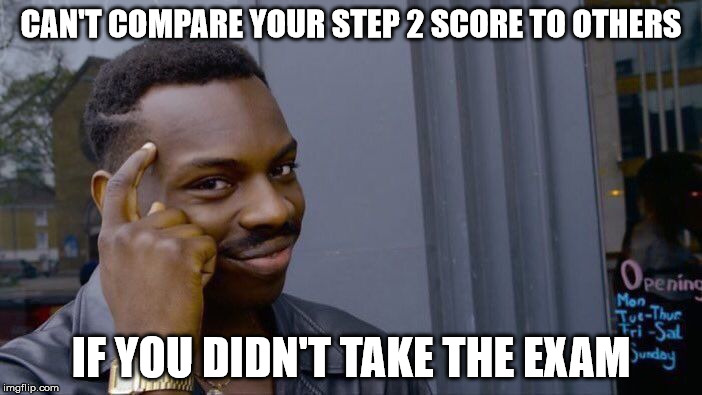- Joined
- May 7, 2017
- Messages
- 230
- Reaction score
- 185
- Points
- 3,226
- Medical Student
Hey,
I'm really confused at how things work in the eyes of a PD. Why do they have to place such a large emphasis on the score of 1 exam out of the 3 potential board exams we will take during med school? I mean, this test has little clinically centered management techniques, and from what attending physicians have told me, 80% of the stuff on step 1 is not even discussed in clinical setting. I mean, let's be real, how many prion diseases will I see in residency? I get that it's supposed to make us more knowledgeable, but what gives with the extra baggage placed on this exam solely?!? (Spare me the, oh the score on step 1 is only half of the app, try 98%)
Sent from my iPhone using SDN mobile
I'm really confused at how things work in the eyes of a PD. Why do they have to place such a large emphasis on the score of 1 exam out of the 3 potential board exams we will take during med school? I mean, this test has little clinically centered management techniques, and from what attending physicians have told me, 80% of the stuff on step 1 is not even discussed in clinical setting. I mean, let's be real, how many prion diseases will I see in residency? I get that it's supposed to make us more knowledgeable, but what gives with the extra baggage placed on this exam solely?!? (Spare me the, oh the score on step 1 is only half of the app, try 98%)
Sent from my iPhone using SDN mobile

